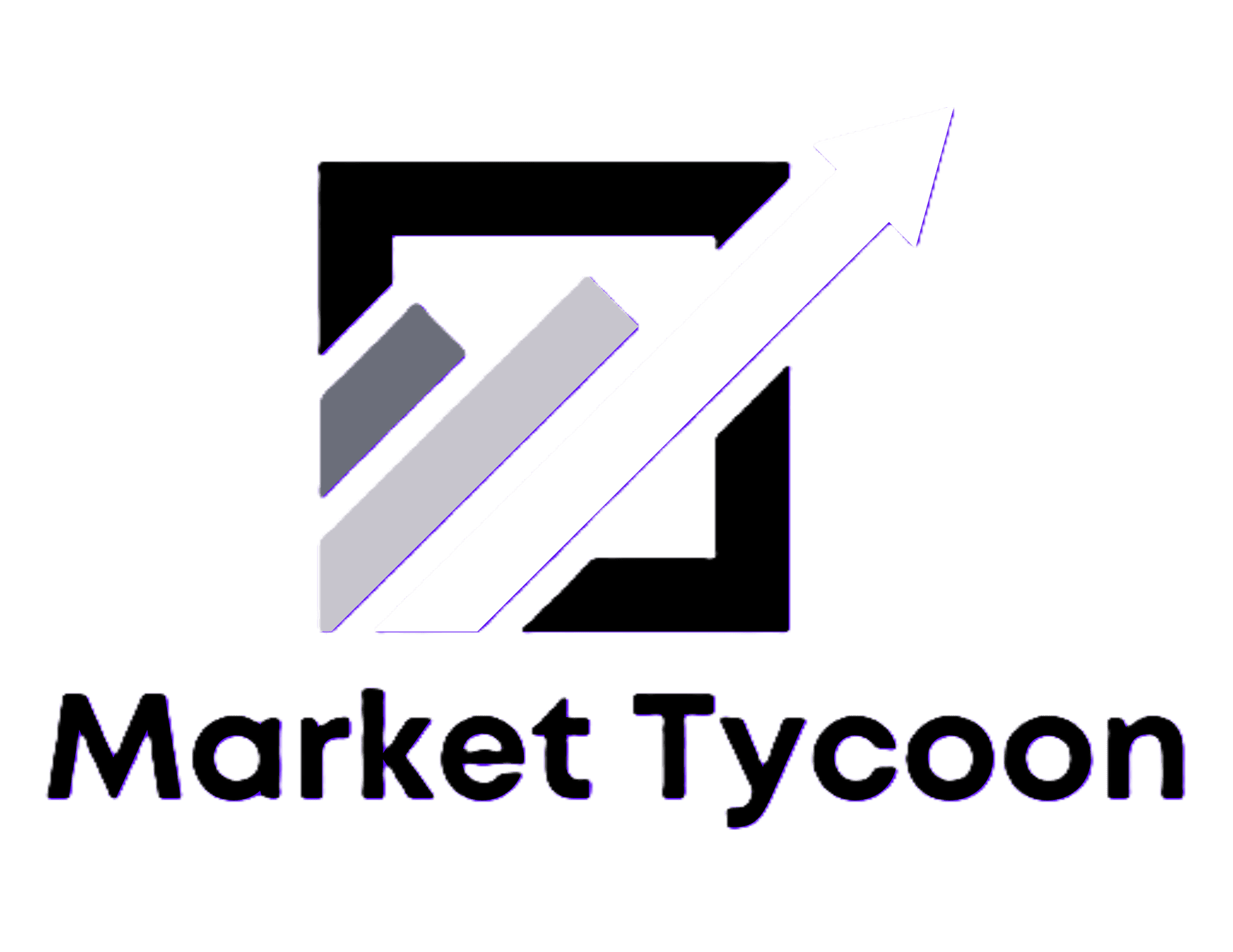The Future of E-commerce: Integrating CRM with Marketing Automation
The Evolution of E-commerce
The e-commerce landscape is continuously evolving, driven by technological advancements and shifting consumer expectations. One of the most significant transformations occurring today is the integration of Customer Relationship Management (CRM) systems with marketing automation. This powerful combination is set to redefine how businesses engage with their customers, offering more personalized and efficient interactions.
Traditionally, CRM systems have been used to manage customer data, tracking interactions, and maintaining relationships. Meanwhile, marketing automation platforms focus on streamlining marketing processes, allowing for automated email campaigns, social media posting, and more. By integrating these two systems, companies can unlock a new level of insight and efficiency in their marketing efforts.

Benefits of Integrating CRM with Marketing Automation
Integrating CRM with marketing automation offers numerous benefits that can significantly enhance a business's operations and customer engagement strategies. Here are some key advantages:
- Improved Customer Segmentation: By combining data from both systems, businesses can achieve a more comprehensive view of their customers, enabling better segmentation and targeted marketing.
- Enhanced Personalization: The integration allows for more personalized communication, as marketers can tailor messages based on comprehensive customer profiles.
- Streamlined Workflows: Automation reduces manual tasks, allowing teams to focus on strategy and creative work instead of repetitive processes.
Leveraging Data for Strategic Insights
One of the most compelling aspects of integrating CRM with marketing automation is the ability to leverage data for strategic insights. With a unified system, businesses can track the entire customer journey from initial contact to conversion and beyond. This holistic view enables companies to identify trends, optimize campaigns, and make data-driven decisions that enhance overall performance.

By analyzing data from both systems, businesses can also identify potential upsell or cross-sell opportunities. For example, understanding a customer's purchase history and preferences can help tailor recommendations and promotions that resonate on an individual level, ultimately driving sales and increasing customer loyalty.
Overcoming Integration Challenges
While the benefits are clear, integrating CRM with marketing automation does come with challenges. Ensuring data consistency and accuracy across platforms is critical. Companies must invest in proper integration tools and strategies to avoid data silos and ensure seamless communication between systems.
Additionally, organizations need to address potential privacy concerns. With access to more comprehensive customer data, it's essential to maintain robust security measures and comply with regulations such as GDPR. Transparency with customers about data usage can also foster trust and loyalty.

The Road Ahead for E-commerce
The future of e-commerce lies in creating a seamless, personalized experience for customers at every touchpoint. As businesses continue to integrate CRM with marketing automation, we can expect to see more intelligent systems capable of anticipating customer needs and delivering tailored solutions in real-time.
Ultimately, this integration will empower businesses to forge stronger customer relationships, improve efficiency, and drive growth in an increasingly competitive market. As technology continues to advance, staying ahead of the curve by embracing these innovations will be crucial for e-commerce success in the years to come.
